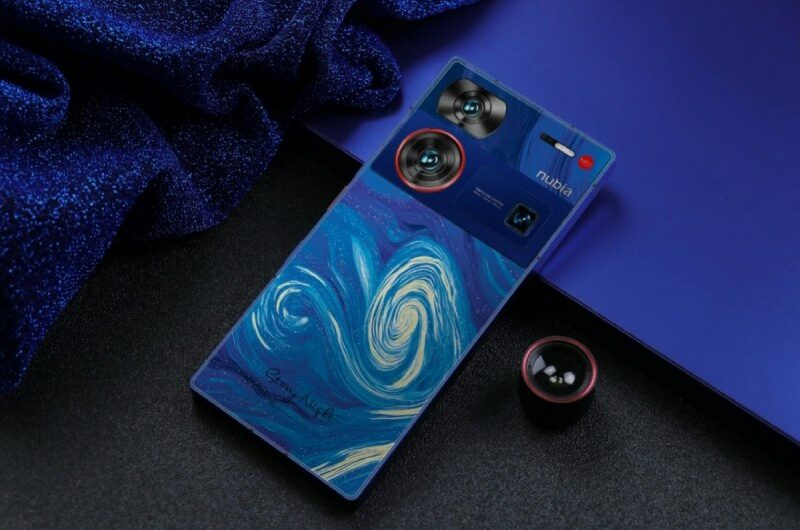DPCM Capital investor Emil Michael says he understands the demands of ride-sharing and food delivery apps better than most — and when it comes to DoorDash, there’s a lot Michael believes the brand is doing right.
Michael was recently a guest on “The Rideshare Guy” podcast. Michael was interviewed by host Harry Campbell, who began his career as a ride-share driver in 2014 before launching his show. The two discussed a variety of ride-sharing topics, including the success of DoorDash and how the brand is outshining its competitors.
“DoorDash did a couple of things fast, including going to the suburbs and the over-the-top model, which is getting restaurants on the platform before you signed up so when the user opened the app, they had a wide variety of options. Variety, it turned out, is the killer retention aspect in food delivery. You want to open the app and have a lot of options and DoorDash figured that out and did that very quickly. They also did DashPass quickly and created this loyalty mechanism in there, much like Amazon Prime. They did all those innovations faster. And if you’re one or two years behind those things, you’re just behind.”
While the model appears simple to copy, Emil Michael explains how ride-sharing has a different dynamic than food delivery. “The more dense your supply is in a city of drivers, the more reliable or cheaper that flywheel still sort of works. That’s why [at Uber we] invested heavily in getting the lead and keeping the lead, knowing that was going to stick. I do think the market architecture is not 100 to zero. It’s not winner take all. It’s more like 75/25 or 50/50. That’s why you’ll see Uber continue to be where it is or slightly better in the U.S. The thing I do worry about is Bolt and Yassir, the companies in the EU and Africa that have a fundamentally lower cost structure, and they can do 10% commissions to drivers. They have just built a company around 10%. That could be a game changer because it’s hard for them to compete with that type of price model.”
Emil Michael Weighs In on Rising Fuel Costs and Delivery Drivers
The rising price of fuel is impacting the ride-sharing and food delivery industries. Emil Michael was recently on Fox Business News to discuss the issue.
“Anything that has gas or diesel as an input is going to go up in price or already has gone up in price and therefore makes alternatives much more attractive. Electric vehicles are a prime example of that,” Emil Michael said. “The problem is electric vehicles are still more expensive pound for pound than a vehicle with a combustible engine. And so you can do that, but the cost of the vehicle and wear and tear and depreciation cost is higher. So there’s a balance there. Years ago, the most common car on the platform was a Toyota Prius. It was economical and could live in both time frames.”
Emil Michael says unless governments want to subsidize the purchase of electric vehicles, it will take a decade or two for more than half the cars on the road to be electric.
Gopuff Making Major Gains, Including Star-Studded Investors
As for food delivery apps, Emil Michael is still setting his sights on Gopuff, a quick commerce app. He recently retweeted a Wall Street Journal article about former Walt Disney CEO Bob Iger investing $15 billion in Gopuff. Variety reports that Iger is now part owner of the rapid delivery service that’s in more than 1,200 cities worldwide. And Iger is in good company alongside actress Selena Gomez and Michael, who are also investors in the business that delivers thousands of items from potato chips to batteries in 30 minutes.
“I am excited to advise, mentor, and support the executive team as they continue building a company uniquely designed for how consumers are changing and growing. I believe consumer commerce will be very different in the near future and Gopuff is building the platform to power it,” Iger said in a press release.
Gopuff co-founder and co-CEO Yakir Gola deemed Iger “one of the most important and visionary business leaders of this generation.”
Emil Michael sees Gopuff ultimately having as much of an impact as Amazon.
“In Gopuff’s case, the idea of being able to deliver goods within 20 minutes profitably and reliably is a big deal,” Emil Michael says. “It could change the way we all shop for items that you need immediately and those goods that have a short shelf life.”
As an adviser to Gopuff, Emil Michael’s influence on the brand with hiring, fundraising, and leadership growth has catapulted it into the stratosphere.
While quick commerce surged during the pandemic, even as the world has opened back up, the convenience and ease of quick commerce delivery appear to be here to stay, reports German marketing data group Statista.
Gopuff is also continuing to expand globally. It just announced a multiyear sponsorship with The O2 in London. Gopuff will enhance the event experience at the concert venue that attracts approximately 8 million people a year.
“They are the most experienced quick commerce company in the world,” Emil Michael says.
While some brands are working to marry ride-sharing and food delivery such as the Uber One service, a subscription-based membership that offers bundles on rides and food orders, Emil Michael says people who drive people do not want to drive food and vice versa. “There is synergy, however, in what Uber’s equivalent of DashPass is, which is a loyalty program that ties rides and eats, which is unique. However, it’s super confusing right now with all the rewards. It’s hard to tell what’s happening with the rewards program, but you can clean that up.”
Topics #“The Rideshare Guy” podcast #DoorDash #DPCM Capital investor #Emil Michael










